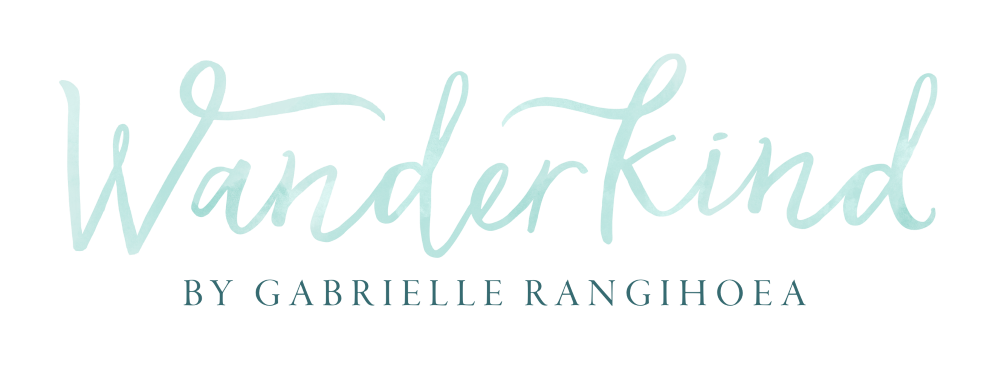
/
RSS Feed
Exploring everything supervision
Healing centred engagement, advocacy & the power of a social work lens
Liz Andrew Brake is a Social Worker, Supervisor and Coach. Through her personal journey of burnout and vicarious trauma, Liz learnt about the importance of Supervision, which inspired me to open up my own business coming up to 4 years ago. I now get to work with inspiring practitioners on their own journeys!
She supports Practitioners to enjoy long lasting careers in the industry, where they stay passionate and inspired without sacrificing their personal wellbeing, looking after themselves and staying passionate and inspired.
Liz works on beautiful Ngurra Country of the Darug People, she is Pākehā (non-Māori from Aotearoa, New Zealand) and has lived in Australia for the past 11 years.
Liz has been working as a Social Worker for the past 16+ years, in Australia, New Zealand and UK, predominantly in the Child Protection sector both Government and Non Government and a variety of different roles.
In this episode
We talk about the benefits and nuances of supervision for those holding space in the healing profession – social workers, healers, counsellors and the different ways supervision supports and is enacted.
Terms we use that you may want to look into more!
I had so much fun talking about different terms we find along the way.
Moral distress (and apathy)
“…a moral cynicism derived from feelings of powerlessness, which provides a rich medium for the growth of burnout.”
“…a moral cynicism derived from feelings of powerlessness, which provides a rich medium for the growth of burnout.”
Compassion fatigue
“…a term that describes the physical, emotional, and psychological impact of helping others — often through experiences of stress or trauma. Compassion fatigue is often mistaken for burnout, which is a cumulative sense of fatigue or dissatisfaction”
“…a term that describes the physical, emotional, and psychological impact of helping others — often through experiences of stress or trauma. Compassion fatigue is often mistaken for burnout, which is a cumulative sense of fatigue or dissatisfaction”
A great link/ resource for both is Proqol
Healing Centred Engagement
“…healing centered approach is holistic involving culture, spirituality, civic action and collective healing. A healing-centered approach views trauma not simply as an individual isolated experience, but rather highlights the ways in which trauma and healing are experienced collectively. The term healing-centered engagement expands how we think about responses to trauma and offers more holistic approach to fostering well-being.”
Resources from Shawn Ginwright
his website is a great resource for info (he’s got a few books too, and also a good resource is his podcast he did with Brene Brown)Karpman’s drama triangle
“It is a model of dysfunctional social interactions and illustrates a power game that involves three roles: Victim, Rescuer, and Persecutor, each role represents a common and ineffective response to conflict.”
“It is a model of dysfunctional social interactions and illustrates a power game that involves three roles: Victim, Rescuer, and Persecutor, each role represents a common and ineffective response to conflict.”
I hope you all enjoy this and I hope it serves.
To connect with Liz
Instagram: @lizandrewbrake
Facebook @lizandrewbrake
Linkedin @lizandrewbrake
Whakamanatia, in our sovereign uprising,

